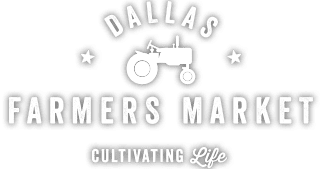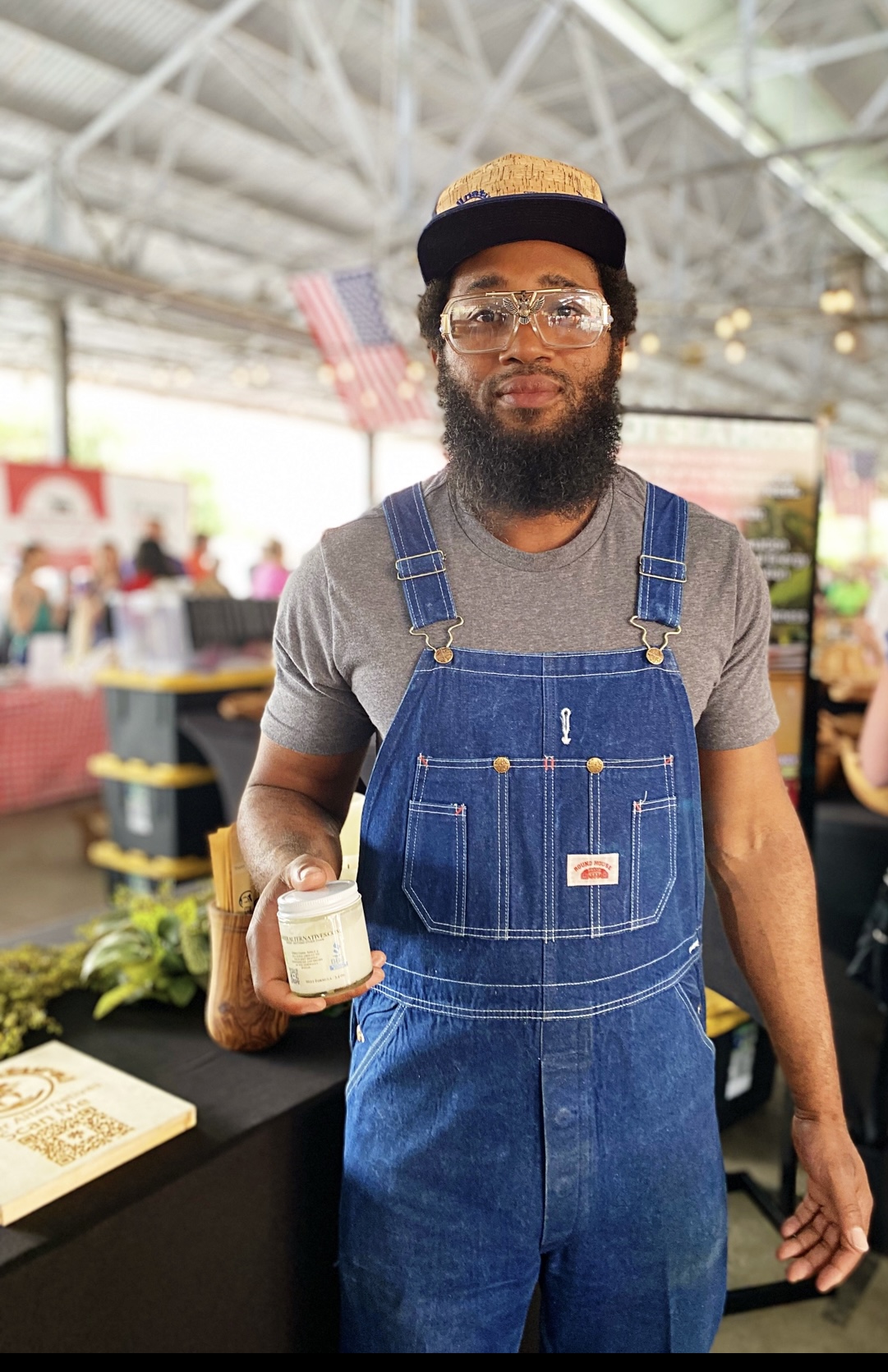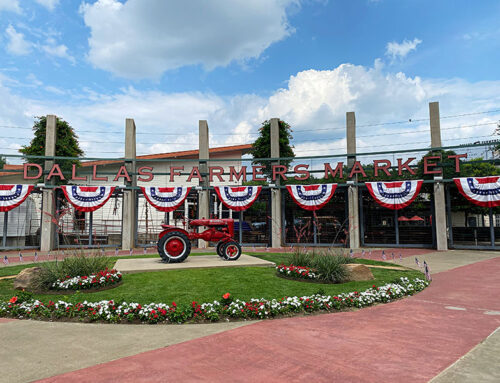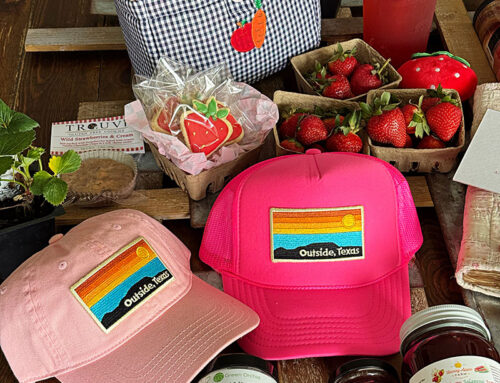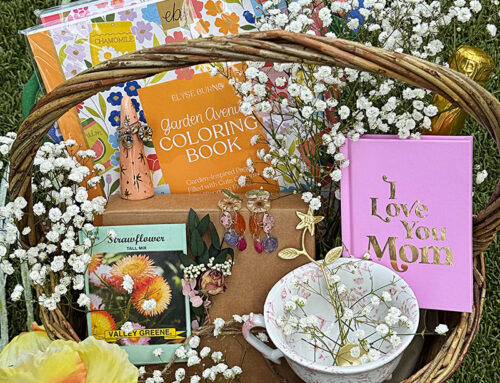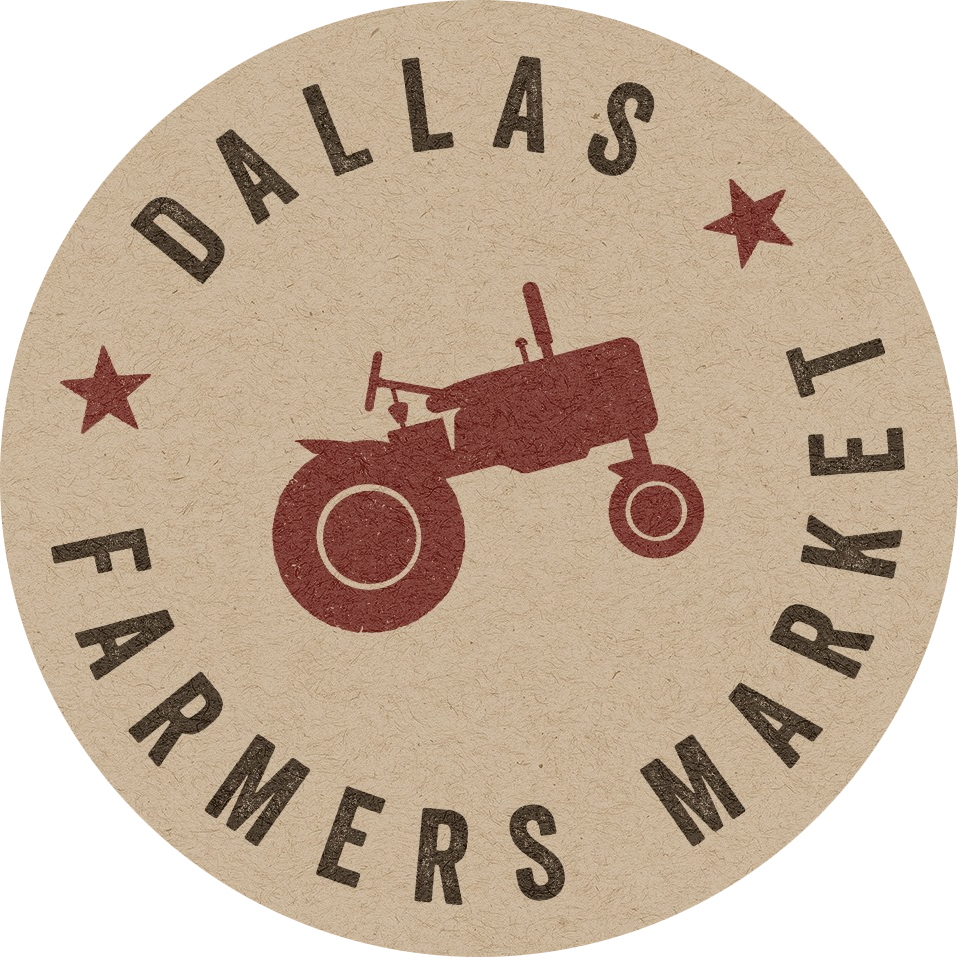Q: How did you become a rancher? How old were you?
A: I am a third-generation farmer. My grandpa’s grandpa got 67 acres out of slavery and died and ended up losing it. My grandpa worked to get it back, the white guy that swindled them out of it just had a heart, and with all that I watched them sacrifice. I fell in love with the work and culture associated with what it takes to keep land for our family.
Q: Is ranching your first career? If not, what did you do before?
A: Yes, but John Deere sold me a bum tractor. My son has doctor visits to get to. My family home and my grandparents can’t wait for me to figure out how to get back up and running ont he farm, so I have refocused my energy to producing all-natural oral care products to raise the capital needed to pay off the tractor that’s not running, and hopefully be able to afford another one one day. Damn sure won’t be a John Deer though.
Q: What do you want people to understand about ranching?
A: Farming/Ranching is not only a noble contribution to the community but also establishes strong family values that cannot be denied. Children learn values and work ethic, and the family also learns incomparable life lessons through exposure to nature.
Q: How has ranching changed since you first started?
A: Things are more commercial. It hasn’t really changed, if anything, the people have changed because farmers now do not have the patience once exercised by the shepherds of old. Animals are fed growth hormones deliberately. Crops are sprayed with chemicals to speed them along, and these same Pesticides can contaminate soil, water, turf, and other vegetation.
Q: Do you find community and support from the vendors and shoppers at the Dallas Farmers Market?
A: Absolutely. It’s beneficial having others that think the same and experience similar fulfillment in producing. We find great support from our Farmer’s Market family.
Q: What is our hope for the future of ranching in Texas and the US?
A: I don’t have any particular hope as a whole. One thing I know – by the end of the Great Depression, 59% of black farmers lost their farms while only 12% of white farmers were forced to tap out. While I rarely make life about black and white, I do live my life knowing that I have to push harder, work more, and work longer to keep whatever I have. If by GOD’s grace I am able to get more, so be it, but I do not want to be the generation that lost all that my family has fought for. The people at John Deere laughed in my face after I paid them $4500 to repair a clutch that went out 5 months later. All I want to do is farm, teach my kids, and take care of my grandparents. Hope for the future? I can barely see past this weekend and I show up every weekend doing all I can to not give up or give in. That’s all I got.
Q: What is your advice for someone who hopes to start a ranch in North Texas?
A: Learn the lay of the land. Don’t be hasty. Don’t eat the first fruits of your labor. Give yourself time to grow in grace while the land recovers, bringing forth more fruit.
Q: Why is it important to support local agriculture?
A: Well, everybody benefits. You support your local farmers and their family. You get fresh fruits and vegetables at lower prices. You help with environmental preservation and add value to Texas culture by helping maintain this noble industry.
